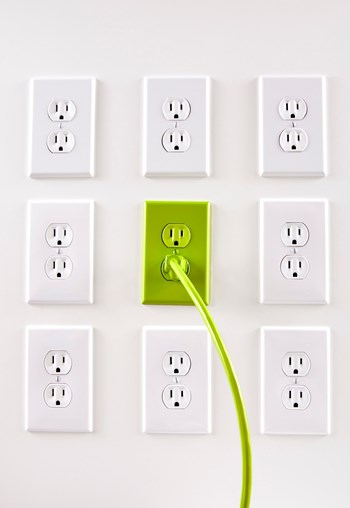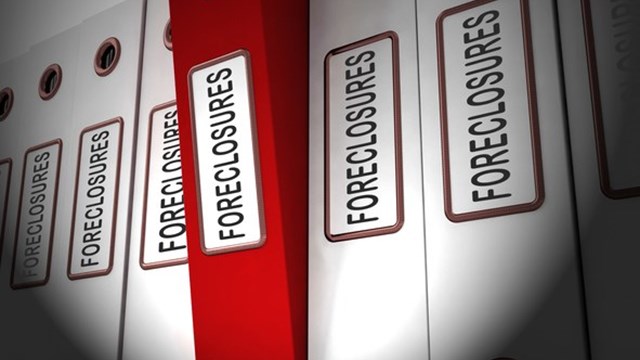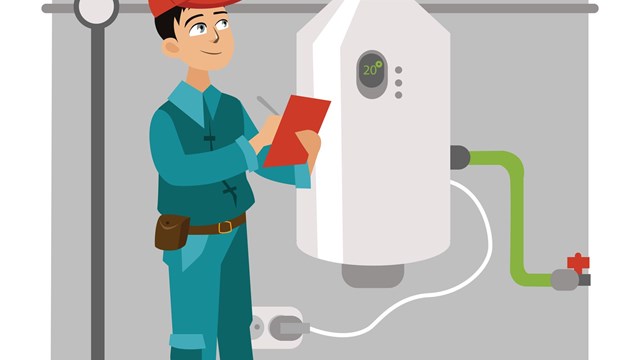
—Concerned About Arrears
“First and foremost, the association is most likely precluded from filing a lien representing the delinquent account,” says attorney Stuart J. Lieberman of the Princeton-based law firm of Lieberman & Blecher, P.C. “In most cases, associations have a right under the Condominium Act to file a lien in cases where property owners are delinquent on their monthly assessments. However, in the case of bankruptcy there is an automatic stay pursuant to Section 362 of the Bankruptcy Code, which appears to preclude the association from filing a lien.
“Specifically, once a bankruptcy petition is filed, most legal actions taken against the bankrupt petitioner are put on hold. This is referred to by lawyers as an ‘automatic stay.’ The effect of the automatic stay is that the bankrupt estate remains status quo, so that the bankruptcy court can work things out and either allow for reorganization or liquidation of the bankrupt estate.
“Among other things, the automatic stay precludes any act to create, perfect or enforce a lien against the property of the estate or the property of the debtor to the extent the lien secures a pre-petition claim. It therefore seems that the prudent and legally appropriate response is to not file a lien against a unit owner who has filed for bankruptcy.
“This does not mean that the association has no remedies available to it once bankruptcy has been filed. The association will be a creditor in the bankruptcy case and will file a claim in the bankruptcy proceeding.
“Bankruptcy law establishes a hierarchy of claims, and certain claims go to the head of the line and are paid first. The association’s lawyer will do what he or she can to try and make sure that as much of the association’s claim for the arrearages is paid for out of the estate.
“Bankruptcy judges also have the ability to consider contested hearings involving the bankrupt petitioner. This means that if the association needs to litigate any part of its claim with the unit owner, the bankruptcy court has the ability to hold a mini-hearing and resolve the dispute.
“Thus, the good news is that bankruptcy court provides a mechanism for theoretically resolving arrearages involving a bankrupt unit owner. Experience tells us, however, that in many instances these types of claims are not paid in full out of the bankrupt estate. Sometimes, they are resolved through payment of pennies on the dollar. Sometimes, the association receives nothing at all.
“The bottom line is that associations must be proactive and insure that unit owners remain current on their monthly obligations. Especially in times such as these, where the number of bankruptcy filings has escalated, staying on top of arrearages before someone files for bankruptcy represents the most efficient policy and the best advice that I can give you.”






Leave a Comment